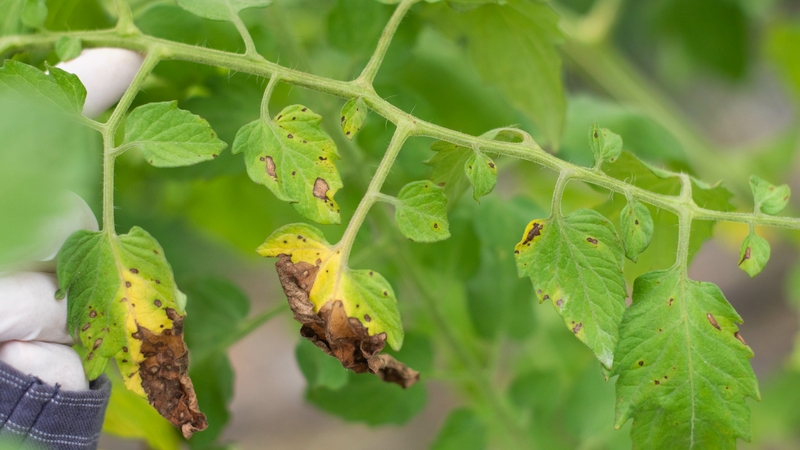Proving P.T. Barnum (Or Was It Abe Lincoln?) Correct

It turns out that there really is a “Barnum Effect” according to psychologists. “There’s a sucker born every minute” (which refers to gullibility and isn’t exactly his quote either), however, wasn’t what I had in mind when I went searching for another famous line often attributed to the circus magnate, P.T. Barnum. Lots of folks, me included, often confuse Barnum as the one who exclaimed, “you can fool some of the people all of the time, all of the people some of the time, but you cannot fool all of the people all of the time!” Historians are just as likely to attribute that statement to Abraham Lincoln. Apparently neither one wrote it in their memoirs.
Actually, my wife’s explanation that all too often I “open my mouth before engaging my brain” might be the better descriptor in this situation. That’s what happened when she alerted me that a local grower was highlighted in a newsletter from the Fair Food Market in Philadelphia’s iconic Reading Terminal Market earlier this spring.
The Kale Raab Dispute
“There’s no such thing as ‘Kale Raab!’” I shouted at the screen as I typed up a quick email to the Fair Food folks to alert them of the error.
I should have contacted Richie Marolda, farmer and marketer of Rock and Roll Organics at Marolda Farms, first. When I stepped back and decided to check with him, his response was simply, “I took an acre of lemons and made lemonade.”
When Rich told his distributor, Mikey Azzara of Zone 7 Produce, that he would have to wait awhile for organic kale because the acre he had planted in the fall was starting to bolt, Mikey told him to hold up with the disc because he thought he could sell it. And when the word hit the street that “kale raab” was available, the phone rang off the hook. I suggested that Rich might trademark the name, but quick search on the web reveals there are a lot of folks selling “kale raab.”
What’s in a name? It’s a little challenging to find a definition of “raab.” The dictionary on my desk says it’s the German name for Györ, an industrial town in northwestern Hungary. Online, there’s a reference to “lord, master, owner,” but it’s most associated with broccoli raab or rapini. Maybe the “lord” wore a crown and broccoli shoots look like a crown … in which case, kale with a budding crown could rightly be called “kale raab.”
The Advantage Of Perceived Value
So what was I so worked up about? If Rich and Mikey could salvage a crop — even increase its value by adding a fancy name — why not? I suspect the news from Cornell’s Food and Brand Lab that I had heard a little earlier was churning in my mind. They reported on research they were about to publish that simply by labeling one of two identical cookies “organic” vs. “regular” (they were both organic, by the way), people perceived that the “organic” cookies “tasted lower in fat,” and were deemed “more nutritious,” but the “regular” cookies “tasted better — possibly because people often believe healthy foods are not tasty.” (Organic cookies are still cookies! For more information, go to foodpsychology.cornell.edu/outreach/organic.html.)
The best part of the survey revealed that people would be willing to pay up to 23.4% more for products otherwise identical just because of the “health halo effect” of the “organic” label.
Perhaps the Barnum Effect was the correct point after all. Successful marketing often means convincing someone to pay more for a perceived value — real or not. In the meantime, I’m still working on getting my foot out of my mouth.










